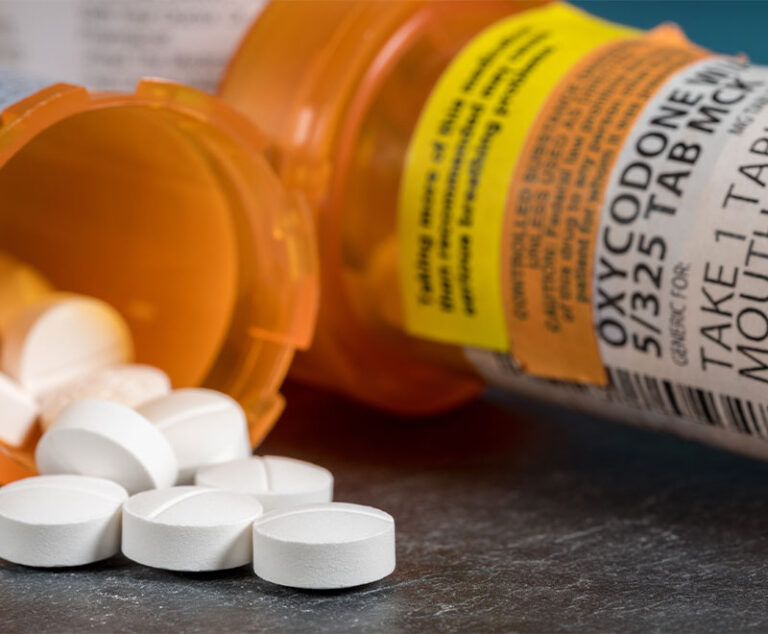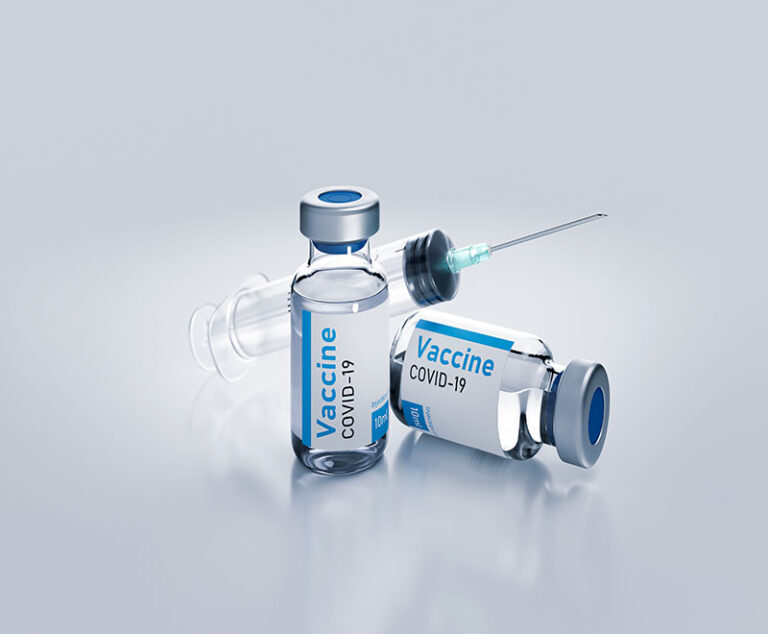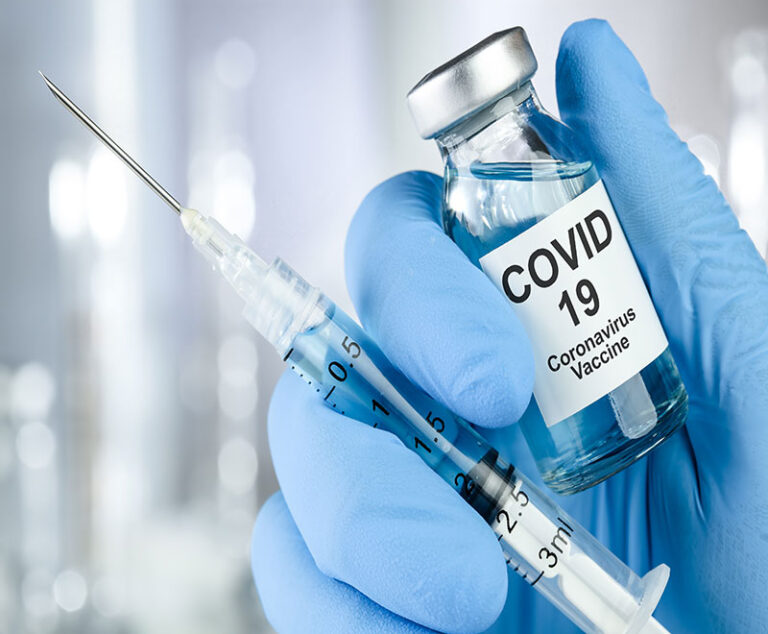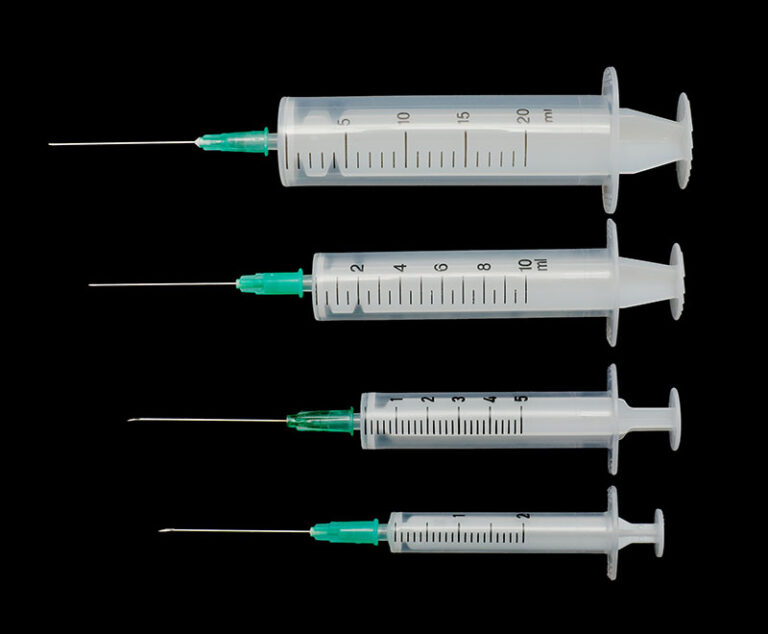Industry News
Research, Science & Manufacturer Updates
The National Institutes of Health announced a significant change to the terms and conditions governing federal funding applicable to all NIH grants, cooperative agreements and other awards, including future awards.
Early clinical and preclinical results are showing that an experimental mRNA and nanoparticle vaccine produced measurable immune responses against pancreatic cancer, and that in small patient groups, those immune responses correlated with delayed recurrence or prolonged survival.
The U.S. Department of Health and Human Services has reinstated the Task Force on Safer Childhood Vaccines, a long-dormant federal panel created by Congress to oversee the safety and quality of children’s vaccines.
The U.S. Food and Drug Administration is requiring safety labeling changes to all opioid pain medications to better emphasize and explain the risks associated with their long-term use.
Argenx is conducting a Phase IV clinical study to evaluate how adults with chronic inflammatory demyelinating polyneuropathy transition from intravenous immune globulin treatment to efgartigimod PH20 SC.
The U.S. Department of Health and Human Services (HHS) has begun a coordinated wind-down of its mRNA vaccine development activities under the Biomedical Advanced Research and Development Authority (BARDA).
The U.S. Food and Drug Administration has granted fast track designation for Greenwich LifeSciences’ lead immunotherapy candidate GLSI-100 in HLA-A*02–positive, HER2-positive breast cancer patients who have completed standard HER2-targeted therapy.
A recent study showed treatment with intravenous immune globulin following infection from BCMA therapies yielded a 67 percent decrease in infections in patients with multiple myeloma.
The U.S. Food and Drug Administration has approved KEYTRUDA QLEX (pembrolizumab and berahyaluronidase alfa-pmph) injection for subcutaneous administration in adults across most solid tumor indications for KEYTRUDA (pembrolizumab).
Since the U.S. Food and Drug Administration released its 2025-2026 formula approvals on Aug. 2, significantly restricting who can access the vaccines for the first time since their release, several states have issued their own guidance about COVID-19 vaccines.
Pfizer and BioNTech updated mRNA COVID-19 vaccine for the 2025-2026 season produced strong immune responses, boosting neutralizing antibody levels by at least fourfold in older people and those with underlying medical conditions.
Positive results from Merck’s Phase III STRIDE-13 trial for its Capvaxive vaccine, a pneumococcal 21-valent conjugate vaccine show it has the potential to provide additional protection in individuals 2 through 17 years old.











